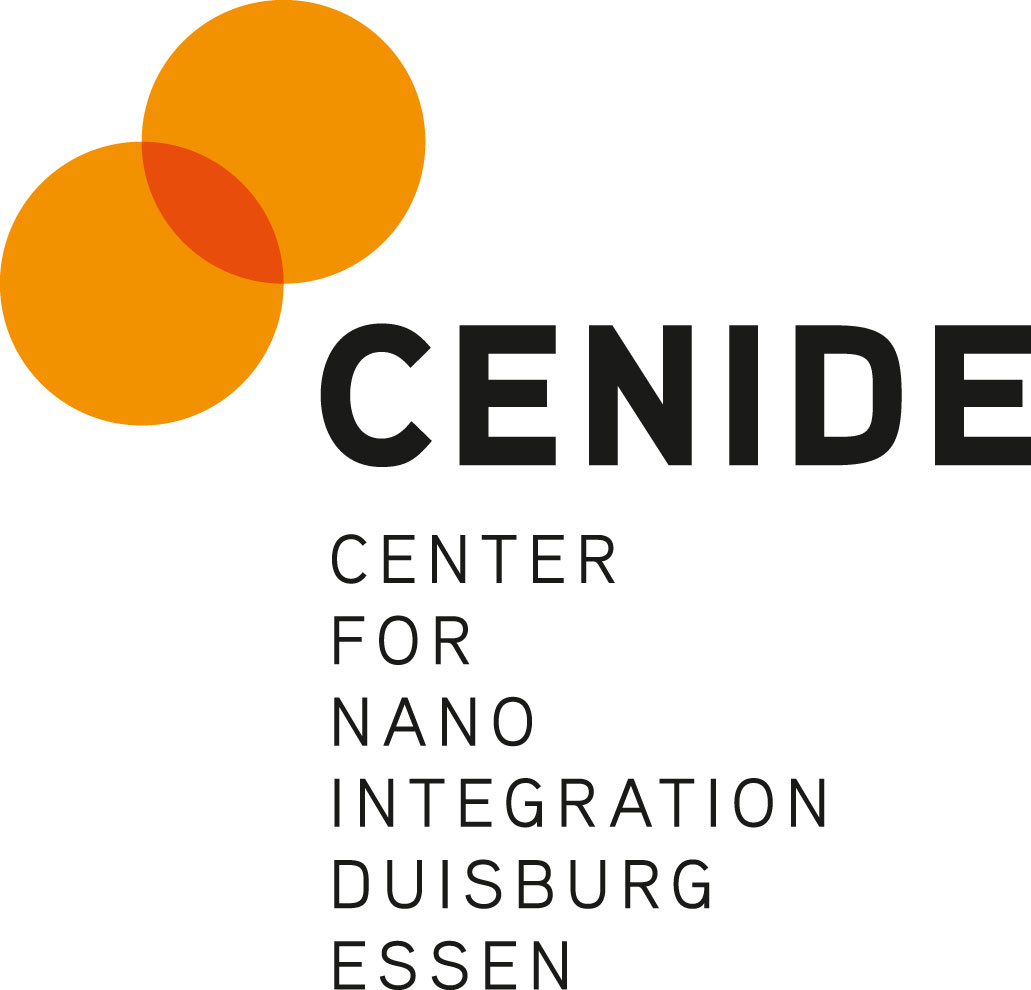Welcome
Join us in London in September 2025 for this edition of the Faraday Discussion series. The Faraday Discussions are unique international discussion meetings that address current and emerging topics at the forefront of the physical sciences.
This meeting is for established and early-career scientists, postgraduate students and industrial researchers working on various aspects of high-entropy alloy nanostructures. It will provide an ideal forum for cross-fertilisation of ideas and understanding between the distinct but adjacent communities working in this exciting field.
On behalf of the organising committee, we look forward to welcoming you to London.
Jette Katja Mathiesen and Stephan Barcikowski (Co-chairs)
Why attend?
Find out more about Faraday Discussions in the video and FAQs – see Useful links on the right.
A unique conference format that prioritises discussion
At a Faraday Discussion, the primary research papers written by the speakers are distributed to all participants before the meeting – ensuring that most of the meeting is devoted to discussing the latest research.
This provides a genuinely collaborative environment, where discussion and debate are at the foreground. All delegates, not just speakers, are invited to make comments, ask questions, or present complementary or contradictory measurements and calculations.
An exciting programme of talks – and more
Take part in a well-balanced mix of talks, discussion, poster sessions and informal networking, delivered by our expert events team. You can explore the full programme in the downloadable files on the right – whether you’re attending in-person or online, every minute provides an opportunity.
The conference dinner, included in the registration fee, contains the Marlow Cup ceremony: a unique commemoration of past Faraday Discussion organisers that is sure to encourage further discussions over dinner.
In-depth discussion with leaders in the field
World-leading and established researchers connect with each other and early-career scientists and postgraduate students to discuss the latest research and drive science forwards. It’s a unique atmosphere – and challenging others to get to the heart of the problem is encouraged!
Your contributions, published and citable
A citable record of the discussion is published in the Faraday Discussions journal, alongside the research papers. Questions, comments and remarks become a valuable part of the published scientific conversation, and every delegate can make a major contribution.
Discover London
The Discussion will take place at Burlington House, Piccadilly, in the centre of London and its historic attractions. Step out to explore the capital city while you’re here – or stay a few extra days to explore the city further and the surrounding area.
Themes
This Faraday Discussion aims to bring together pioneers within this area in a cross-disciplinary manner by providing a platform to explore possible solutions to these challenges, while establishing a fundamental understanding of these novel materials. The synergy of combining theoretical and experimental experts to address these key questions will be brought out through the following four key sessions:Synthesizing high-entropy alloy nanoparticles
In the first session, we will focus on the current methodologies for synthesizing HEA nanostructures using both chemical and physical approaches. Particular emphasis will be devoted to understand how the kinetic or thermodynamic character of the synthesis method predefines particle structure and compositions as well as compositional or structural variance. Furthermore, scalability of the methods and the application of in situ spectroscopy during synthesis will be addressed.
Advanced structural characterization of high-entropy alloy nanostructures
This session will focus on structural characterization, both experimental and computational approaches. These includes both ex situ and in situ/operando, TEM based techniques, neutron and X-ray scattering, spectroscopy, and Monte Carlo strategies. The key limitations of current, conventional characterization techniques will be discussed with a focus on development of advanced characterization tools to provide a complete picture of HEAs.
Application of high-entropy alloy nanostructures in electrocatalysis
This session will cover experimental and computational studies of HEA nanocatalysts as electrocatalysts, including electrochemistry and -catalysis, surface- and bulk-sensitive operando characterization, density functional theory (DFT), machine-learning and novel approaches to determining the electrocatalytic properties of HEAs. A particular focus will be outlining a framework through which new catalyst compositions can be identified, tested, and their performance understood in order to guide further catalyst development.
Magnetic properties of high-entropy alloy nanostructures
In this session, the magnetic properties of HEA nanostructures will be addressed. A special focus will be directed towards understanding how optimal properties can be reached through nanostructure size, shape and compositional control in combination with the effect of external sources such as the embedding matrix.











